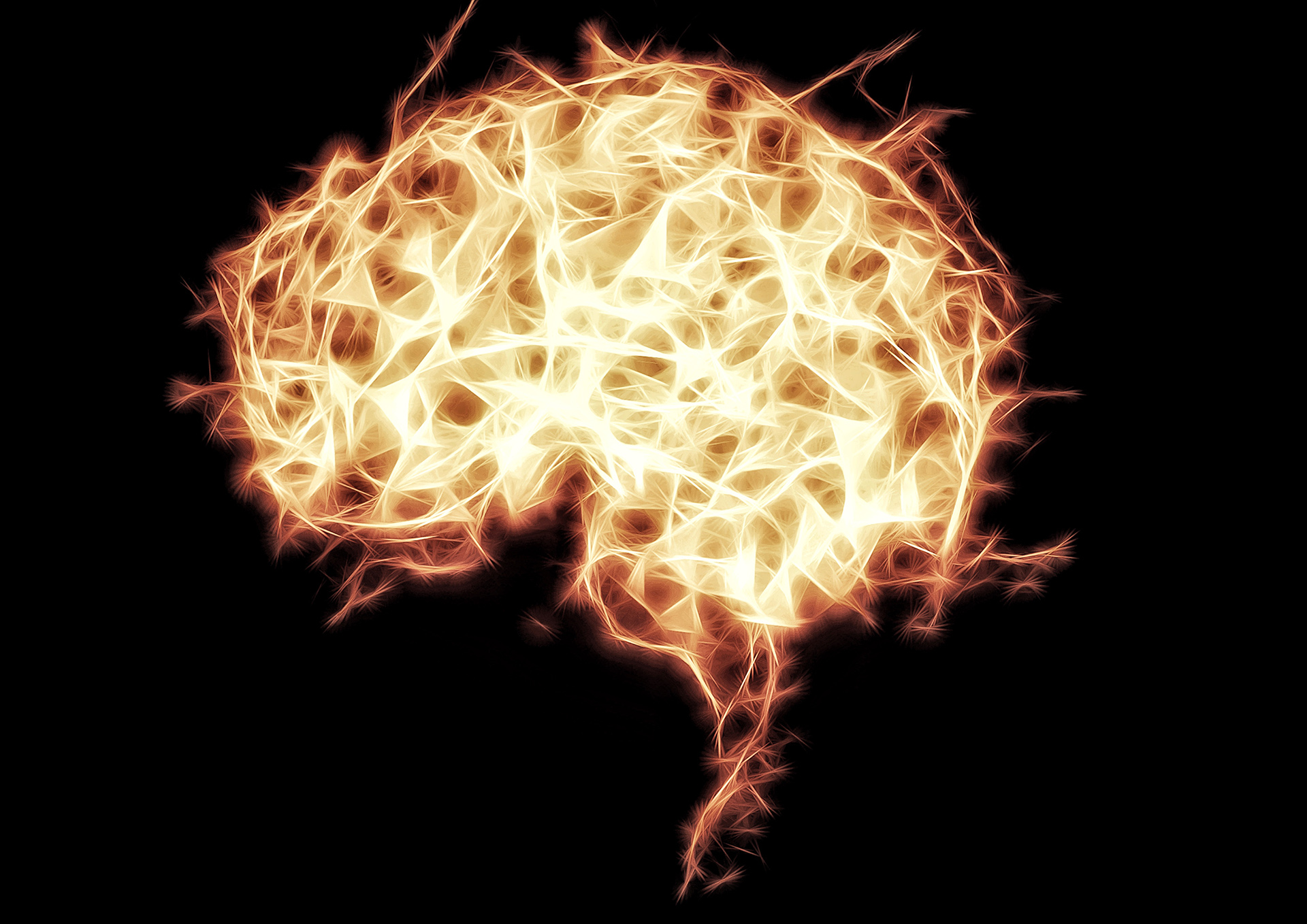
"It was just enough time to break the spell of "sweet revenge" - a psychological phenomenon that, Kimmel argued, works very much like any other drug. When people are harboring a grievance, no matter its validity, Kimmel said, "It's a very real pain. And your brain really, really doesn't want pain - and so it instantly scrambles to rebalance that pain with pleasure.""
"And, just as with gambling or tobacco, the high doesn't last. "It spurs us to go further, fantasize even more heavily, or go and take a physical act of revenge - to get that hit again and again," Kimmel said. Viewed from outside, the psychological cycle of resentment and revenge has an obvious grim futility. And yet in population studies, almost 100 percent of subjects will confess to having had at least one revenge fantasy in their lives."
A psychiatrist recounts nearly shooting school bullies as a teenager and stopping when the prospect of lifelong identity as a murderer intervened. Revenge produces a powerful but transient dopamine-driven reward that functions like an addictive drug. Fantasies of retaliation activate brain reward centers and create pleasure, which then fades and drives escalation of fantasies or actions to recapture the high. Almost everyone reports at least one revenge fantasy, showing the ubiquity of the cycle of resentment. Forgiveness serves as an antidote by interrupting that cycle and preventing repeated harm.
Read at Harvard Gazette
Unable to calculate read time
Collection
[
|
...
]